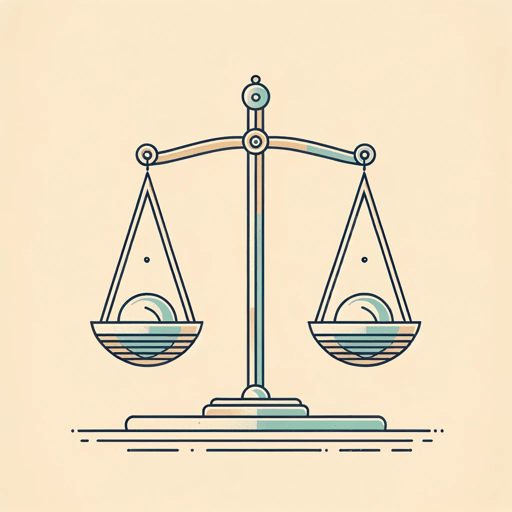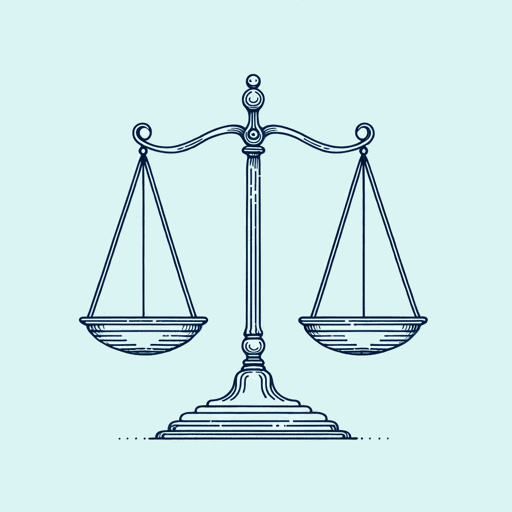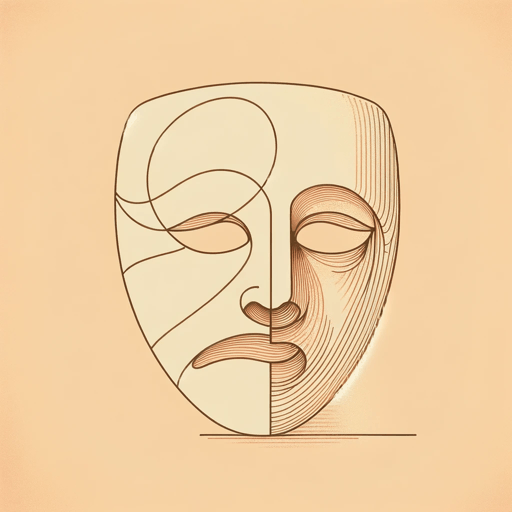43 pages • 1 hour read
AristotlePolitics
Nonfiction | Book | Adult | BCEA modern alternative to SparkNotes and CliffsNotes, SuperSummary offers high-quality Study Guides with detailed chapter summaries and analysis of major themes, characters, and more.
Book 2Chapter Summaries & Analyses
Book 2 Summary and Analysis: “Review of Constitutions”
In Book 2, Aristotle examines and reviews various political constitutions or philosophies of government that are, or have been, in existence. He first discusses whether citizens must share commonalities and the degree of those commonalities. In Republic, Plato asserts that all property, including women and children, should be held in common. In this structure, children are shared and relinquished to the state to be raised and taught. Aristotle rejects this view. By the extreme sharing of properties, a city becomes entirely unified. Aristotle claims that it is the nature of cities to be diverse. When all things are held in common, a city becomes more like a household. The philosopher advocates for a unity which promotes diversity, although it should be noted that this diversity excludes certain groups of people.
The philosopher outlines specific requirements for a political body. A city must provide its citizens with an exchange, giving as much as it receives. This aligns with Aristotle’s proposal in Nicomachean Ethics. Each free citizen takes a turn ruling for no longer than a year. However, Aristotle shuts out anyone who cannot leave their trade long enough to serve in a position of power.
Related Titles
By Aristotle







